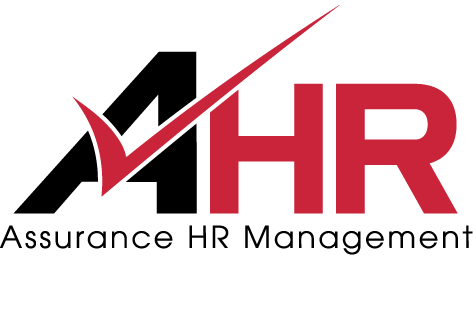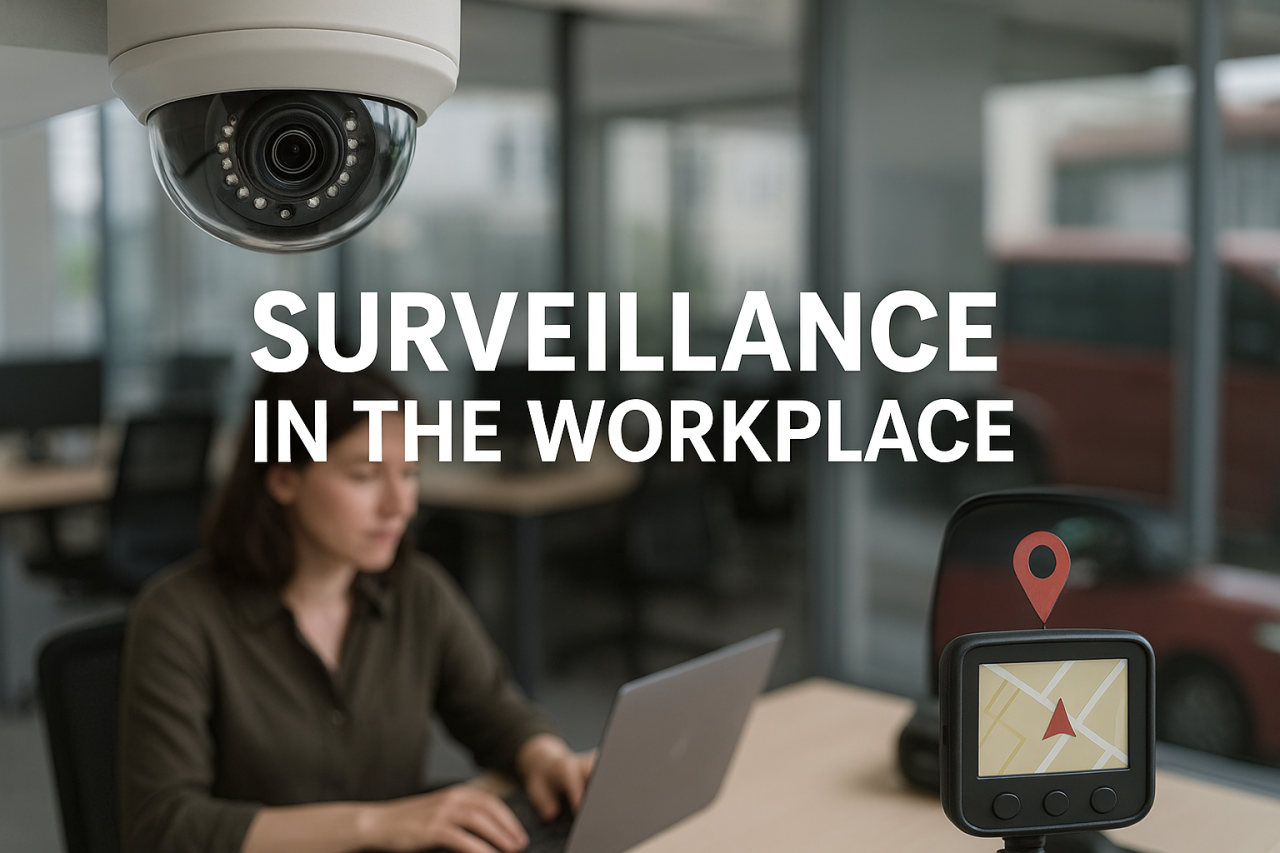It has been impossible to ignore the rising trend of working from home in recent years. It’s a work model that has both drawbacks and benefits. This week we’re going to explore how points from both sides of the fence may affect you and your workplace.
Although most things in life have returned to relative normality since the COVID-19 Pandemic, one aspect of those locked down years has remained prevalent. Working from home, although necessary for a time, has remained an option for many post-COVID. In recent months, however, more companies have been asking their workers to return to offices full-time. This has not always been met with favourable reactions so let’s explore the benefits and drawbacks of a hybrid working model and how it can affect you.

Hybrid Work Models
Since easing back into normality, many workplaces that had the option to work remotely have adopted this working method. This approach offers flexibility to workers and helps maintain a balance between face-to-face collaboration and individual productivity. It’s important to note that this approach isn’t for everyone. We have seen recently two big banks requesting workers return to offices full time, stating that increased efficiency and productivity is their driver.
Technology and Tools
During the initial mandate to stay home, conferencing software allowed us to easily stay in contact with colleagues. But as the immediate need passed, concerns about Cybersecurity have also risen.
To remain private and secure, companies now need to invest in secure VPN’s, multifactor authentication and regular security training for staff to protect their sensitive information. Ensuring workers understand policies on accessing company networks remotely and how it should be utilised is essential for all so we can protect our confidentially and intellectual property.
Productivity and Performance
Many companies have shifted thinking around how worker performance is measured, emphasizing outcomes, not hours worked. However, this is not a technique that can be applied across all workplaces. Whilst it can encourage workers to work more efficiently, it will depend entirely on the role and what management needs from it as to whether productivity can indeed be managed with no in-person attendance.
Where productivity can be assisted by remote working is by giving your company access to a larger talent pool. If working remotely is feasible for your company, you now have access to a much larger group of candidates for any need you have. Whilst you may require defined hours of the day that someone needs to be contactable (working in different time zones brings its own complications), does that person need to be in your city or town? Perhaps not.
The Physical Workplace
For companies adopting hybrid working models on a more permanent basis, it may be practicable or necessary to reduce costs on expensive office rentals or find new ways to utelise owned spaces. Retaining your existing office setup, if it’s not being used fully could end up being a significant monetary drain. Some can downsize what they have, allowing staff a place to work if they do travel in. Desk setups can change to support flexible work arrangements and promote collaborative spaces. Unused offices or floors can be sublet. But again, changes such as these require time and planning to work and must align with what you require.
Employee Wellbeing
As workers continue to want remote working options there is no doubt that many find it helps with their personal wellbeing. Many companies have introduced wellness programs, virtual social events and mental health support to maintain a healthy work/life balance. Whilst the rise in visibility for worker wellbeing is a positive thing, if you require staff on-site it is entirely possible to implement wellbeing programs in workplace also.
Legal and Compliance Issues
Finally, for a company to remain a remote working environment means that we need to know and apply local labor laws regarding remote work and necessitates the management of remote workplace policies. Staying informed on regulation and implementing a clear remote or hybrid working policy will help a company avoid any potential issues.
Have you been thinking about remote working options and how to move forward with them? Have you been considering the opposite, and requesting workers return to the office full-time?
Here’s where we at AHR can help you.
Our business is to help yours and we are available to assist in implementing workplace policies and informing you of changes to labor laws and regulations.
We offer three tiers of service, so are equipped to meet any of your needs.
We can provide helpful templates and advice to assist you manage implementation of processes yourself. If you’d like someone to be with you to help in a more hands-on manner, we can be there with you for the whole process. Or, if you are time-poor as many often are these days, we are happy to manage the whole process for you from A to Z.
Contact us today on 1800 577 515 or via our website and one of our friendly and professional staff will be happy to assist with all of your requirements.










